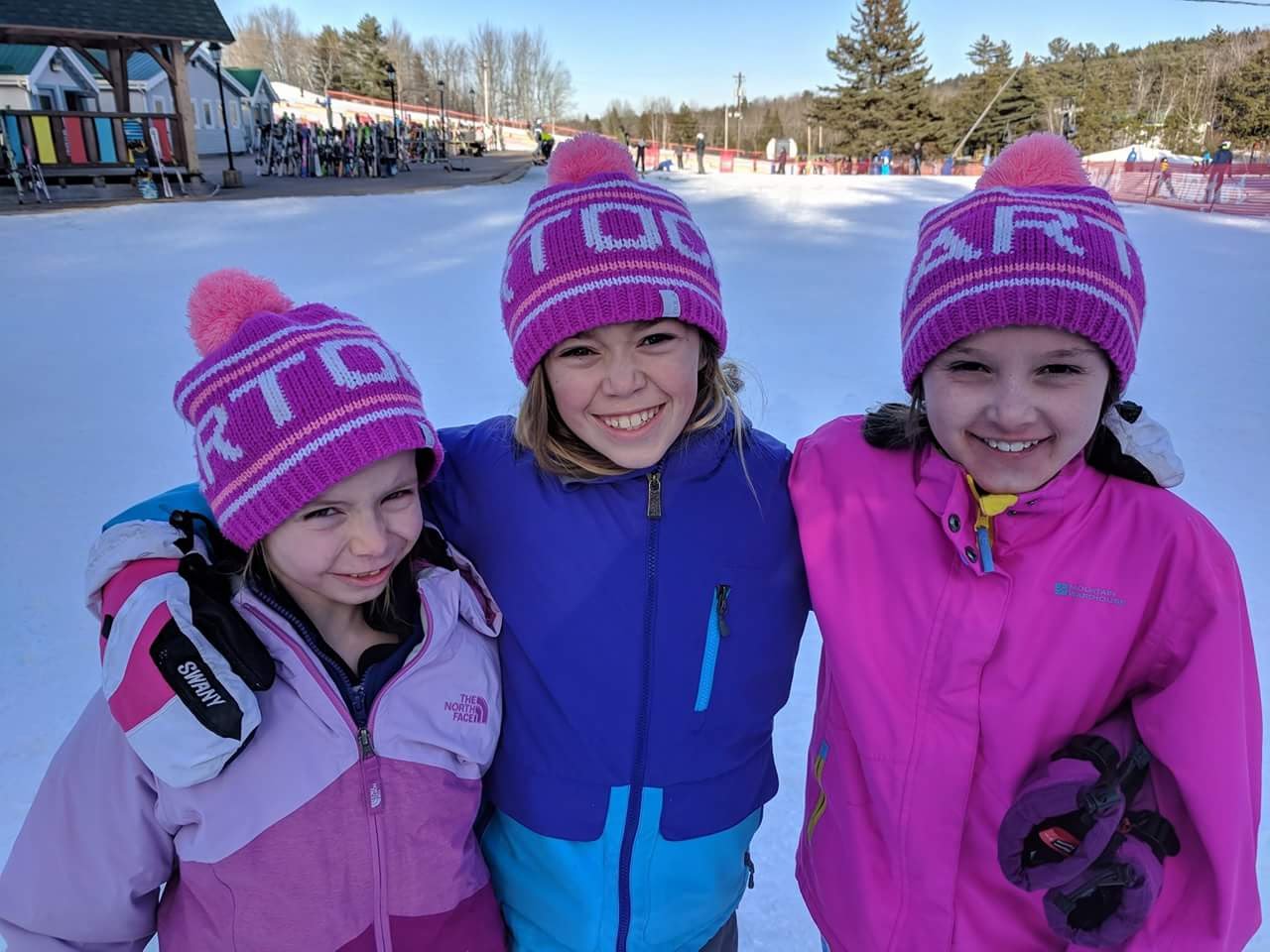Learn to Train
LEARN THE SPORT
In the Learn to Train stage, ski racers are developing foundational mental skills that lead to enjoyment and success in ski racing.
Ski racers are encouraged to recognize the importance of developing a positive work ethic, and responsibility for their performances both practice and competition
Ski racers are starting to learn how to accept mistakes and setbacks as learning opportunities while celebrating success resulting from their work ethic.
Additionally, ski racers continue to learn how to work as a team, respect others, and develop a love and passion for ski racing.
- Boys 9 -12
- Girls 8 - 11
- Club Level
- Local & Zone racing
- Limited provincial racing
- Stage ends with start of adolescent growth period

Key Messages
Athletes
Your effort in both physical and mental fitness skills will result in improved performance in ski racing. Understanding and beginning to apply your foundational mental fitness skills will help to guide the development of your physical fitness and technical skiing skills.
Coaches
Encourage holistic sport development, including the integration of mental fitness activities into training. Mental skills and attributes take time to develop, so allow time and opportunity to do this. Emphasize effort, responsibility, fun and play, teamwork and respect for others.
Parents
Continue to support and believe in your ski racer. Emphasize effort, teamwork, and respect for others. Acknowledge results, but reinforce factors related to the performance process.
Core Principles
- Ski racers continue to participate in complementary sports in structured and unstructured environments. Ski clubs can offer this opportunity during physical conditioning or in cooperation with a reciprocal ski/complementary sport club.
- Basic principles of goal-setting are reviewed and incorporated into training along with an emphasis on effort and responsibility.
- Basic awareness of responses to demands, pressure and nervousness are cultivated as a precursor to the introduction to the skill of mindfulness and simple breathing technique.
- Ski racers develop a basic understanding and awareness of focus that allows them to connect with what they are doing and get the most out of their training and performance.
- Imagery and positive thinking are used to continue developing a ski racers confidence and motivation, while arousal control strategies such as relaxation can be further developed to manage intensity and emotions.
- Ski racers learn how to communicate, respect and positively interact with their teammates.
- Work ethic, responsibility and passion for skiing are developed as ski racers begin to recognize that hard work and a good attitude lead to improvement.
Mental Fitness Activities
| Phase | Mental Fitness Activities |
|---|---|
| Pre-Performance |
|
| Performance |
|
| Post-Performance |
|
Cognitive Development
- Ski racers in this stage begin to enjoy the intellectual aspects of sports and enjoy more complex concepts as their fact retention abilities increase.
- Coaches can begin to explain skills through application of basic physics, movement concepts and strategies involved in ski racing. While they begin to show some ability to deal with abstract concepts, young ski racers still require concrete examples.
- Their capacity to concentrate increases and they can stay focused for approximately 10 minutes at a time.
- Ski racers in this stage are usually interested in group activities, and the creation of strong relationships with a few friends.
- Ski racers may become more aware of their physical capabilities allowing coaches to discuss basic fitness principles and their implications for successful performances.
- Ski racers at this stage enjoy contests and competition as long as they view that winning is possible. Appropriate venues, course sets and skill events can assist young ski racers with mastering basic skiing skills in a fun, quality sport environment.
- A ski racers imagination is still blossoming, creativity should be encouraged and the young ski racers should be allowed to play and experiment through drill progressions that stimulate self-discovery.
- It is possible to start teaching more advanced techniques and tactics at the end of this stage in preparation for the Train to Train stage.


